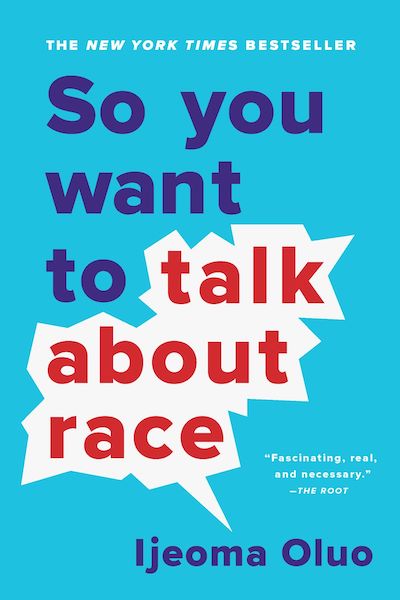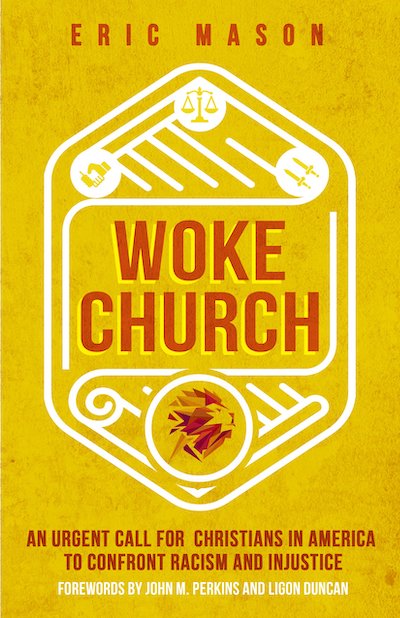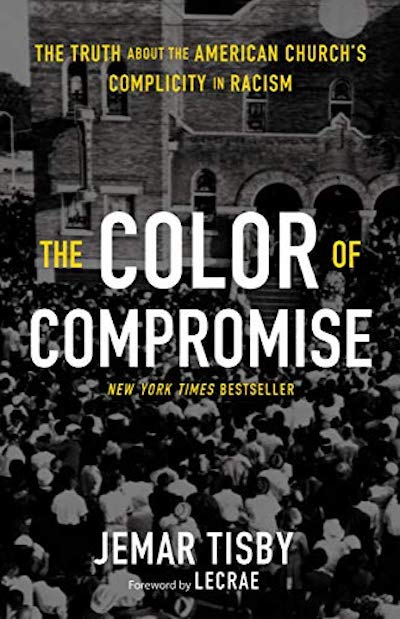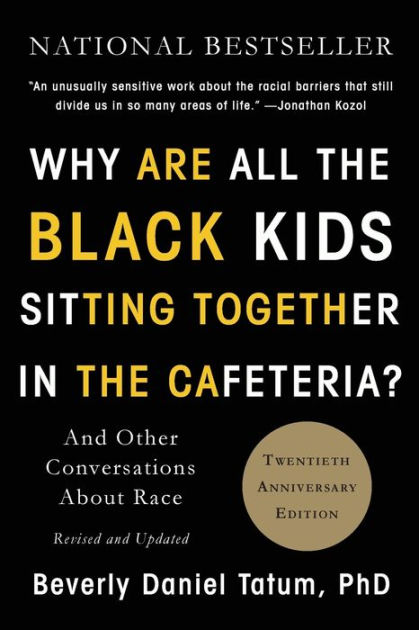This book is fantastic, and gets even better towards the end. I personally thought that this book was better than White Fragility for me, but I think they both serve two different audiences. White Fragility addresses a much more narrow topic in my mind, and that is more approachable for lots of people and a great start. This book, however, covers a lot more and points out a lot of issues that are less talked about and more important than the simple acknowledgement that white people have privilege.
I believe that White Fragility is a good read for people just trying to start acknowledging the issues with white privilege while this goes deeper into many other issues as well as more action that can be taken. I appreciated this book because it appears to be written more towards “liberals” or people that think they aren’t racist. I learned a lot and really enjoyed how topics such as tone policing, privilege, and action over talk are addressed.
Ijeoma Oluo makes a lot of effort to not ignore other minority races, disabled people, and class issues when discussing almost all of the topics in the book. This book is certainly focused on race, racism, and the fight against white supremacy, but she goes out of her way to make sure that other issues are not ignored or cast aside in the process.
If you are someone still struggling to see why phrases such as “all lives matter” or “make america great again” are problematic or still don’t understand the concept of white privilege in a basic sense, then I’d recommend reading White Fragility first, then reading this book. However, if you’re like me and you want to continue to learn more about race in America and the world, or for some reason think that you are not a problem, then definitely read this book.
Oluo conveys her experiences so well throughout this book and it makes for an even more attention grabbing read. I really enjoyed her chapters on intersectionality, microaggressions, and tone police (“But what if I hate Al Sharpton?”). Every single chapter starts as a question regarding racism, with many of them being topics that are addressed much less often, and this book does a great job explaining the questions, understanding where they come from, and then providing a well thought out answer and discussion for each.
I really liked this book and will certainly start following Ijeoma Oluo on other channels because I believe she will make another great voice to listen to and influence my thinking and opinions on the topic of race as well as others.




